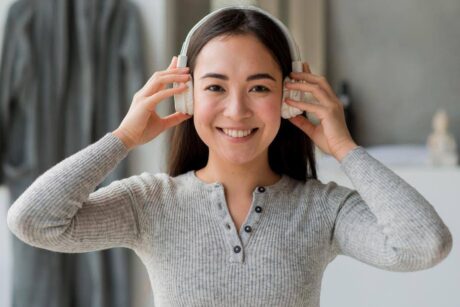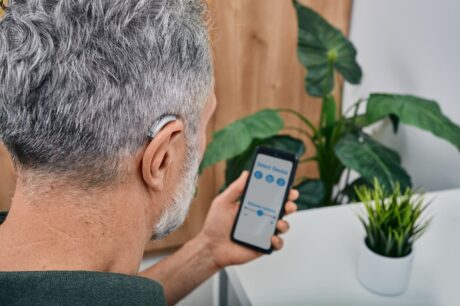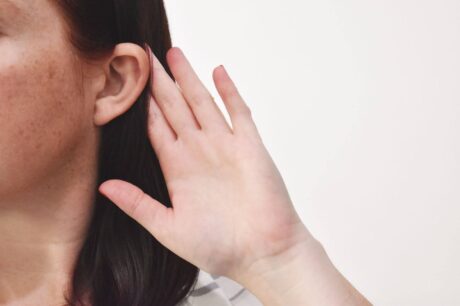We all know that construction workers and musicians need to wear hearing protection and be mindful of hearing loss due to the loud environments they work in.
But what about jobs like teachers, dentists, and fitness instructors? The truth is that noise-induced hearing loss can occur in a wide range of professions, even those not typically associated with loud noises. The hidden dangers of everyday noise are often overlooked. It’s not always about sudden bursts of intense noise. Cumulative exposure to moderate noise levels over time can be just as harmful.
That’s why it’s crucial to recognise potential hearing hazards in seemingly “quiet” occupations to protect workers’ hearing health.
#1 Teachers: The Classroom Cacophony
Think about a typical day in a classroom. Children’s voices, laughter, shouting, classroom activities, musical instruments, school bells — it’s a constant hubbub of sound. While this might seem harmless, prolonged exposure to these noise levels can contribute to:
- Hearing fatigue
- Stress
- Difficulties concentrating
- And over time, noise-induced hearing loss
What can teachers do? Thankfully, there are ways to minimise noise exposure and protect one’s hearing:
- Use sound-absorbing materials in the classroom, like carpets, curtains, and wall hangings.
- Incorporate quiet activities into the schedule, such as reading time or individual work.
- Take regular breaks in quieter areas, like the staff room or library.
- Consider using a classroom noise monitor to help maintain healthy sound levels.
#2 Dentists: High-Pitched Hazards
Dentists face a different kind of hidden hearing loss hazard: high-frequency noise. Dental drills and ultrasonic scalers produce sounds that, while maybe not perceived as overly loud, can be particularly damaging to hearing over time.
- These professionals are exposed to high-frequency noises repeatedly throughout their workday.
- This constant exposure significantly increases their risk of noise-induced hearing loss.
The solution? Hearing protection!
- Earplugs specifically designed for high-frequency noise reduction can be worn during procedures yet still allow Dentists to hear and communicate with their patients.
#3 Fitness Instructors and Personal Trainers: Loud Music with Clanging and Banging
Gyms and fitness studios are often high-energy environments with loud music pumping to motivate clients. But for fitness instructors and personal trainers, this can mean a daily dose of damaging noise levels.
- Loud music combined with shouting instructions and the clanking of exercise equipment creates a recipe for noise-induced hearing loss.
- Personal trainers are also at risk of developing tinnitus (ringing in the ears) due to constant noise exposure.
How can they protect their hearing while still creating a motivating atmosphere?
- Use earplugs with music filters. These reduce overall noise levels while still allowing for clear communication and music enjoyment.
- Be mindful of the volume of the music and consider incorporating periods of lower intensity with quieter music.
Protect Yourself Against Hidden Hearing Loss: Key Takeaways

It’s easy to think that hearing loss only happens to people working in loud industries, but as we’ve seen, that’s not always the case. Any occupation can be at risk of noise-induced hearing loss. Taking proactive steps to protect your hearing is crucial, no matter your profession.
- Awareness is Key: Recognize potential noise hazards in all workplaces, even those that may seem quiet. Hidden hearing loss can occur gradually, so don’t ignore early signs.
- Prevention is Crucial: Take proactive steps to protect your hearing. Use hearing protection like earplugs, take breaks in quieter areas, and get regular hearing checkups.
- Seek Professional Advice: If you have concerns about hearing loss or workplace noise levels, consult with an audiologist.
Concerned about your hearing health? Schedule a comprehensive hearing impairment test at Listening Lab today. Consult an experienced hearing specialist in Singapore who can assess your hearing and provide personalised recommendations for protecting your hearing for years to come.


















